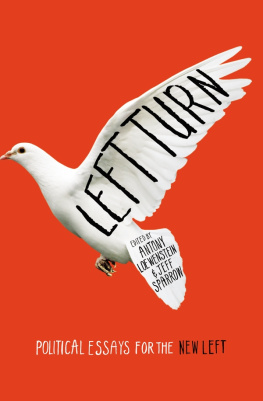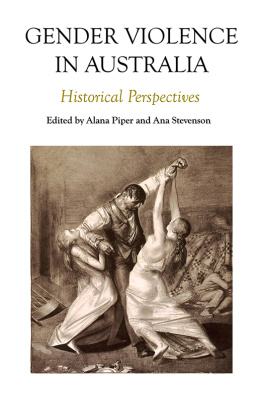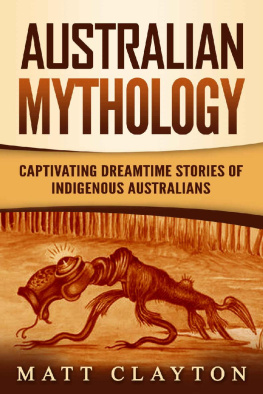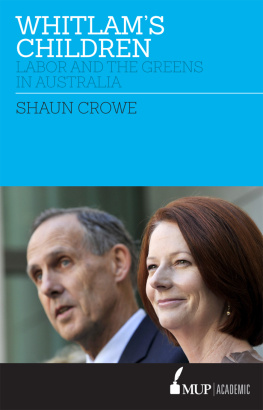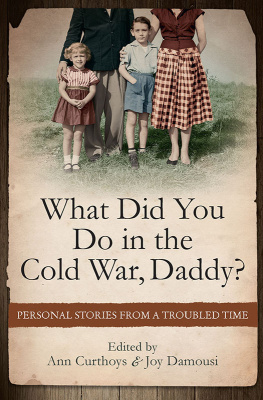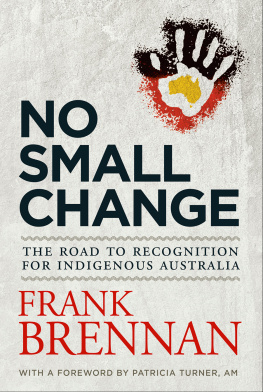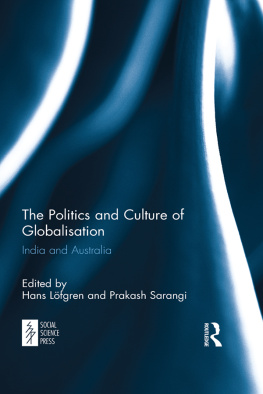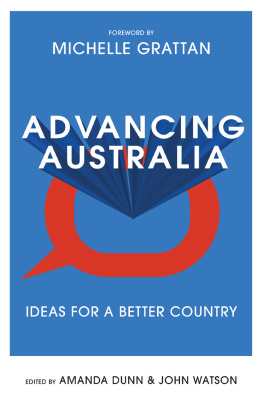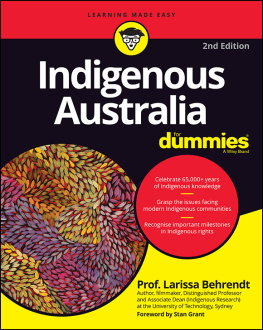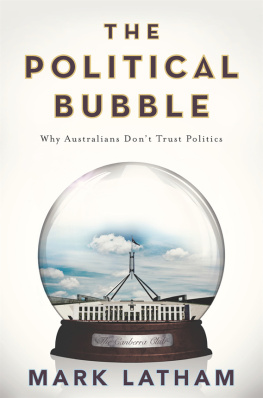Introduction: Zombie Politics in an Everyday Apocalypse
Antony Loewenstein and Jeff Sparrow
Were very familiar with the end of the world. Its ubiquitous in popular culture. Plagues break out, meteors hit, civilisation descends into anarchy: we imagine, with great lucidity, every conceivable disaster or calamity.
What we dont do is envision a future thats better than today.
Try this experiment. Off the top of your head (no, not with Google!), name recent films or books in which zombies destroy humanity.
Easy, isnt it.
Now try for a similar list, this time of depictions in which the world to come is, in any respect whatsoever, an improvement on the present.
Not so easy?
What does that say about the cultural moment?
Once, of course, the comparison would have been different.
Throughout the twentieth century, science fiction (and, for that matter, popular science) assumed the accomplishments of tomorrow would exceed those of today. Back then, predicting the future meant tracking progress: colonies on Mars, diseases banished, deserts blooming, spaceships boldly going where no one had gone before.
Nowadays, no director would dare call a starship Enterprise unless as an ironic wink to the audience.
Consider Maureen F McHughs recent book After the Apocalypse , a collection of stories set in different versions of a broken world. The dead feast on the living; computer programs become sentient; radioactive bombs depopulate the cities; diseases spread without cure. So far, so familiar. But what makes the book interestingeven, perhaps, symptomaticis its lack of interest in explaining these catastrophes.
Older dystopias dwelt on whys and wherefores. They were, in that sense, implicitly optimistic. As warnings from the future to the present, they reassured us that disaster need not happen, that ruination might yet be averted.
McHughs preoccupations are otherwise. She focuses less on the calamity than on how everyday people live it. Rather than heroes seeking to forestall cataclysm, her characters are average folks, making their way through ruins that they largely take for granted.
For McHugh, the apocalypse is not an event, nor, really, does it lie in the future. She writes the end of the world less as rupture than continuation, with the disaster metonymically representing the fabric of ordinary peoples ordinary lives.
As the British writer Evan Calder Williams explains:
the post-apocalyptic is not an image of that-to-be. It is not that which lies beyond the apocalyptic event. It is a necessary optic onto the flourishing wastelands of late capitalism, the recognition that the apocalyptic event has been unfolding, in slow motion accompanied with sudden leaps and storms. Behind our backs and in front of our faces. In waiting for the cataclysm, we missed the drift of it.
Thats why the genre comes so easily now. We imagine the future by extrapolating the present, picturing the big barbarism by extending the little barbarisms: the endless, low-level wars, as vicious as theyre self-evidently pointless; the pockets of already-existing environmental collapse; the medias delight in summary executions and enhanced interrogations; and all the rest of what we see on the evening news.
Williams explains our current conjuncture in terms of what he calls combined and uneven apocalypse, a riff on Trotskys argument about capitalist development, the way that nations mired in feudalism contain pockets of extreme modernity, since their relative backwardness allows them to benefit from innovations elsewhere.
Today, crisis stalks the old political order and yet no new alternatives seem possible, leaving us stranded in an interregnum where, as Gramsci famously explained, a great variety of morbid symptoms appear. Williams contention is that these morbiditiesapocalyptic prefigurations, if you likespread jaggedly, metastasising both at the points of obvious collapse (the war zones, the failed states, the clear-felled jungles and so on) but also, and perhaps more unexpectedly, where the system seems most vital.
If that seems abstract and hyperbolic, think about the brief but noisy manifestation of the Occupy Everywhere movement in Australia.
When the protests took over the streets of Melbourne and Sydney, an extraordinary 69 per cent of people surveyed shared the demonstrators concerns. Thats a percentage only marginally smaller than the proportion of New Yorkers backing Occupy Wall Street. Yet the economic landscape in the United States is far more obviously disastrous. Nearly 50 per cent of American households live in poverty even as corporate profitability reaches record levels; the richest 10 per cent controls two-thirds of US wealth. The Australian economy, on the other hand, continues to grow; in many ways, it is the envy of the world.
So why, then, did the great majority of Australians sympathise with Occupy Everywheres radicalism?
The answer, we suggest, is simple: capitalisms accomplishments no longer seem distinguishable from its failings; the economy lauded by politicians and pundits is experienced by many as wrenchingly discordant with their most deeply held values; neoliberalisms dichotomy between winners and losers produces a profound sense of systemic unfairness; ordinary people recognise the invisible hands sociopathic indifference to morality or human needs, even during times of boom. Most of all, if people fear a financial collapseor an environmental disaster or a new war, or any of the other grim scenarios that dominate the cultural imaginationits because of their familiarity with neoliberal capitalisms successes and their personal knowledge of its failures.
To put it another way, if the times feel apocalyptic, the widespread unease about whats to come does not translate into an enthusiasm for the status quo, since its in this very present that we discern, however dimly, the shape of the future that scares us.
So an obvious question emerges: whats the alternative?
***
We began talking about this book out of a despair at a weird inversion: simply, the more difficult and pressing the challenges facing Australia and the world became, the less discussion ensued about solutions that might be available.

